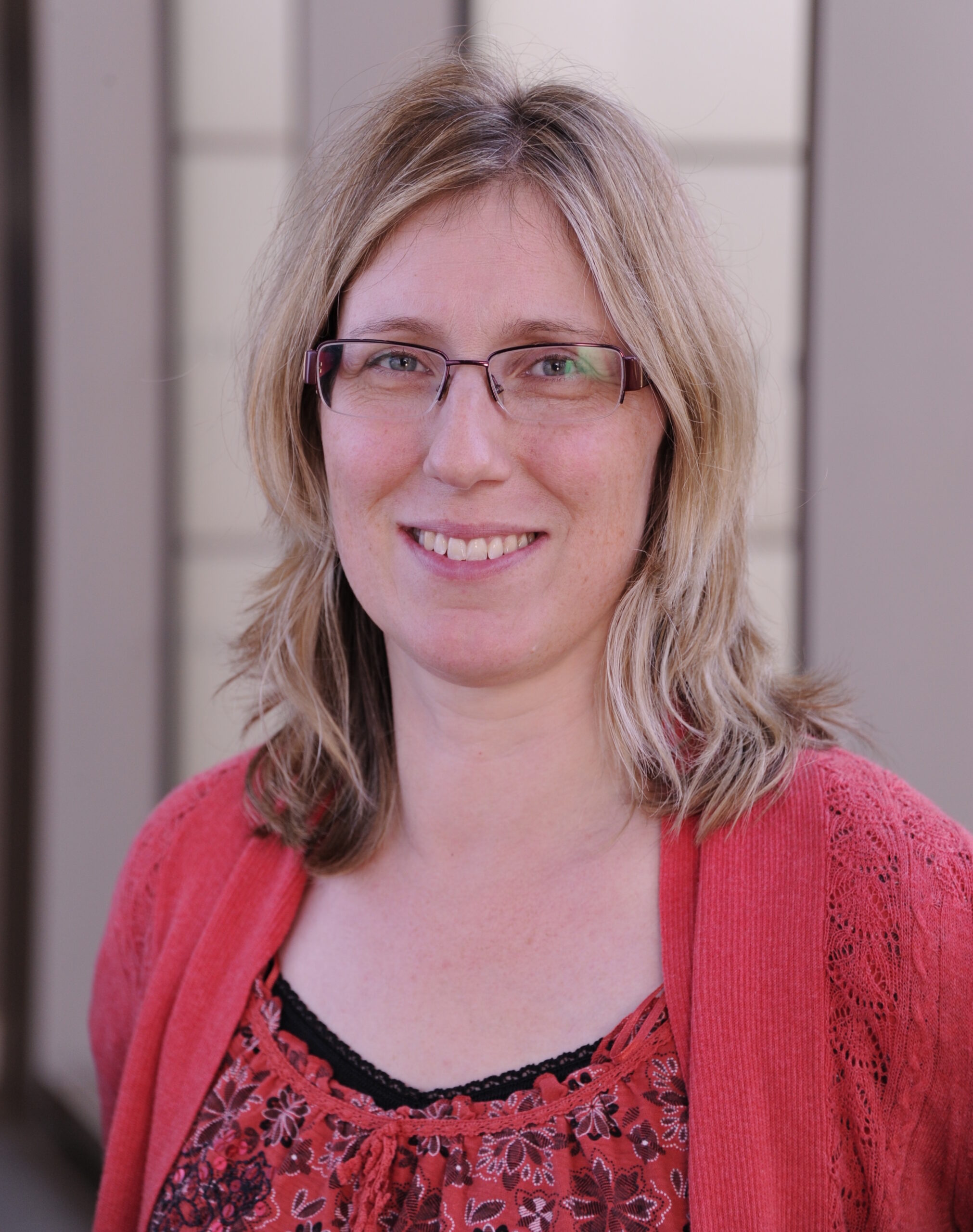Born in United Kingdom • Birth year 1974 • Studied Biochemistry at Warwick University in United Kingdom • Highest Degree PhD in Chemistry from University of London • Lives in Cambridge, United Kingdom • Occupation Director Biostatistics at AstraZeneca
I really struggled at school in the early years, particularly with reading and writing; but then when I was around 12, it started to make sense. I was formally diagnosed as being dyslexic when I went to university, I guess when I was 12 things clicked into place as I found my strategies to get round my dyslexia. Those early years of struggling and being in bottom sets has left me with feelings of doubt but also a drive to prove people wrong. At 16, I selected mathematics with statistics, biology and chemistry as my specialist subjects and got the highest grades possible. I really enjoyed statistics and mathematics, and used to do extra work for fun. However, it was taught as a theoretical subject and I had no sense of what you could do with it. I also had no role models; I am the only person in my family to graduate from university. If you were a clever woman, you became a teacher or a doctor. Being a doctor didn’t appeal, so teaching became the ambition and I decided to study biochemistry with a year in industry at Warwick University and graduated with a first-class degree.
After I conducted some experiments, I felt the mathematical techniques used to make decisions were poor. Consequently, I started studying statistics (…).
I really enjoyed my year in industry, where I learnt the fundamentals of research, but after years of conditioning that my path was to be a teacher, I then trained as a secondary school teacher. After a couple of years teaching, I realised that I didn’t feel satisfied intellectually. I was working hard but didn’t feel I was growing. I decided to return to science and was offered a role back with the industrial placement company who sponsored me to complete a PhD in partnership with Imperial College, London. Unfortunately, the company folded but I just managed to complete my PhD. My confidence as a scientist felt low, I felt I had snuck in my PhD and I decided to work in academia to prove myself and joined the Cambridge Centre for Proteomics as a post-doc. I was very lucky and given a lot of freedom. After I conducted some experiments, I felt the mathematical techniques used to make decisions were poor. Consequently, I started studying statistics and writing papers exploring experimental design and data analysis for proteomic experiments. I was flying high and had 12 publications but then my first son was born and he was very poorly and I had to prioritise the family. I found a part-time job as a biostatistician with the Wellcome Trust Sanger Institute supporting in vivo research. It felt like I was starting again but I could meet my family needs and keep working. Over time, my son got better. The new environment gave me new opportunities; for example, I spent some time with database experts who helped me learn to code. I started publishing again in data analysis and experimental design for in vivo research. There wasn’t permanent funding in academia for this type of role so I applied to AstraZeneca, who had just relocated to Cambridge, as a statistician.
I feel my dyslexia is a strength, as it helps me see the bigger picture, connect ideas and be a better manager.
What am I doing now? I now lead a team of statisticians for AstraZeneca supporting preclinical research. I still work part-time (80%) to meet my family commitments. The work is very varied and we have the opportunity to make a big impact. We jump into projects, assist the scientists, enable their research and then jump to the next project. I find it surreal that I, a self-taught statistician, lead these amazing statisticians. I feel my dyslexia is a strength as it helps me see the bigger picture, connect ideas and be a better manager. As a dyslexic woman who has an unusual career path I bring diversity to the leadership element of my role. I also give lectures around the world on my research topics of interest and get the opportunity to work outside of AstraZeneca on working groups exploring topics such as sex bias or reproducibility. I love my job. It is applied statistics having impact.
As an individual with imposter syndrome, you have to recognise your voice of doubt but not let it control you.
My career path has had many twists and turns. That is real life. There are benefits, I have more experience to draw upon. I feel my journey shows there isn’t one path that is right for you. You should be open to opportunities and change. Change is positive. You do have to be prepared to take risks. As an individual with imposter syndrome, you have to recognise your voice of doubt but not let it control you. From the perspective of maths, data is everywhere, being good with data is such a strength. You don’t have to be a theoretical expert to add value and have impact. Enjoy your journey but don’t expect to know exactly where you are going and keep growing and challenging yourself.



Recent Comments